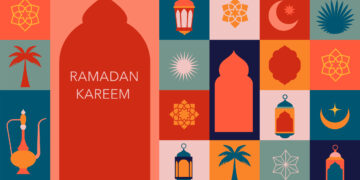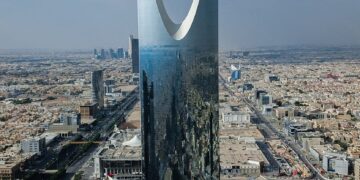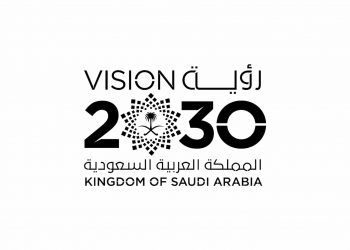Cristiano Ronaldo, one of the world’s greatest and most famous soccer players, recently signed a contract with the Saudi club Al-Nassr. The news has sparked much interest and discussion about the impact Ronaldo will have on the development of soccer in Saudi Arabia.
The contract has been described as “historic” for the Saudi league, as Ronaldo is one of the most famous and talented soccer players in the world, and his presence could draw media and soccer fans’ attention to the Saudi league and boost interest in soccer in the Arab world.
In addition, there has been talk of how this move by Ronaldo could represent a major change in the soccer and sports culture of the entire Country. In this article we will briefly look at what the impact of this deal is and how Arabia could benefit from Ronaldo’s presence in the team.
Football Status in Saudi Arabia
Over the past few years, Saudi Arabia has invested heavily in soccer with the goal of becoming a world-class soccer powerhouse.
The country has built state-of-the-art stadiums, including the King Abdullah Sports City Stadium and the Jeddah Season Stadium, and hosted major soccer events such as the FIFA Club World Cup and the Asian Supercup Tournament, proving its desire to become a major player in the world of soccer.
However, despite these efforts, the Saudi national team has not yet been able to reach a competitive level in the international soccer sphere, so much so that it has participated in only 6 FIFA World Cups and without ever making it past the round of 16.
Nevertheless, the Saudi government is continuing to invest in the development of soccer in the country, through the organization of international events and the creation of state-of-the-art sports infrastructure, all of which will hopefully lead to the growth of soccer in Saudi Arabia and the creation of a more competitive national team.
اكتملـت التجهيـزات 👕
القُمصـان في انتظار النجـوم 💛#النصر_الاتحاد pic.twitter.com/D2jQDx3TJV— نادي النصر السعودي (@AlNassrFC) January 26, 2023
Ronaldo’s impact in Saudi Arabia
For a long time now, the Gulf Nations have been fighting each other to become entertainment leaders within the country, so much so that the UAE, Saudi Arabia and Qatar all have their own Formula One events, which are independent of each other.
But it doesn’t end there, because the regions have also begun buying up increasingly strong soccer teams, with one of the latest deals being signed precisely with Cristiano Ronaldo. The reason for these purchases is related to the desire to achieve supremacy at the international level as well.
As a matter of fact, there have been moments of criticism of Arab regions such as Qatar, which have been accused of “sportswashing,” or the attempt to increase their own reputation by exploiting sports. This is because over time, the Arab community has realized that not only “hard power,” as defined by Danyel Reiche at CNN, is needed, but also “soft power.”
Soft power would precisely be the ability to boost one’s reputation with events or activities that are attractive to all, as Qatar has done over the past 25 years. Notably, after the World Cup, other regions including Saudi Arabia have also begun their strategic moves, with the latest related to the purchase of Cristiano Ronaldo.
In this regard, despite the criticism, Chadwick believes that Ronaldo’s deal with Al Nassr can help strengthen the prestige and offerings of the Kingdom, including tourism. Moreover, according to people like Georgetown University’s Reiche, the Ronaldo deal is a “a sign of interconnectedness, globalization and openness.”
The only real “problem” with this agreement is that, unlike countries such as Italy where high-level Serie A teams are in place, the Arab league profiles are quite low. In this regard, the idea would be to join Ronaldo with Luka Modric and N’Golo Kante, but it will still be difficult for Cristiano to “mold” a new team full of champions.
Nonetheless, the goal does not seem to be to increase the number of goals or trophies, but to host the 2030 World Cup in Saudi Arabia, thus returning to the well-known Arab inland competition, in this case between Saudi Arabia and Qatar., that hosted the last FIFA World Cup.











